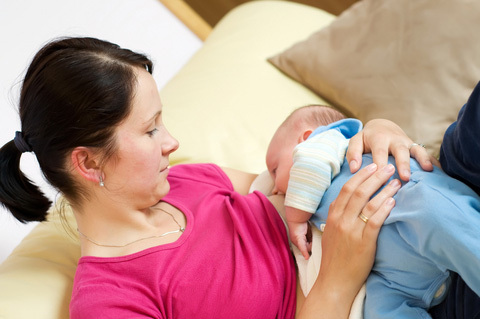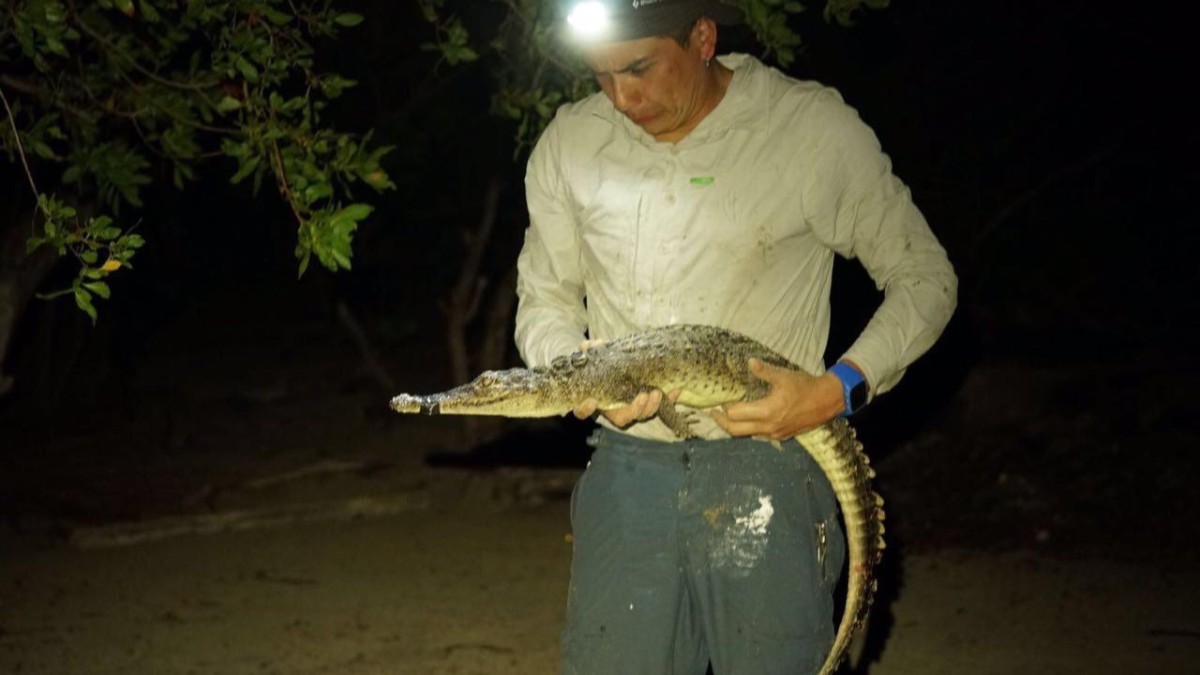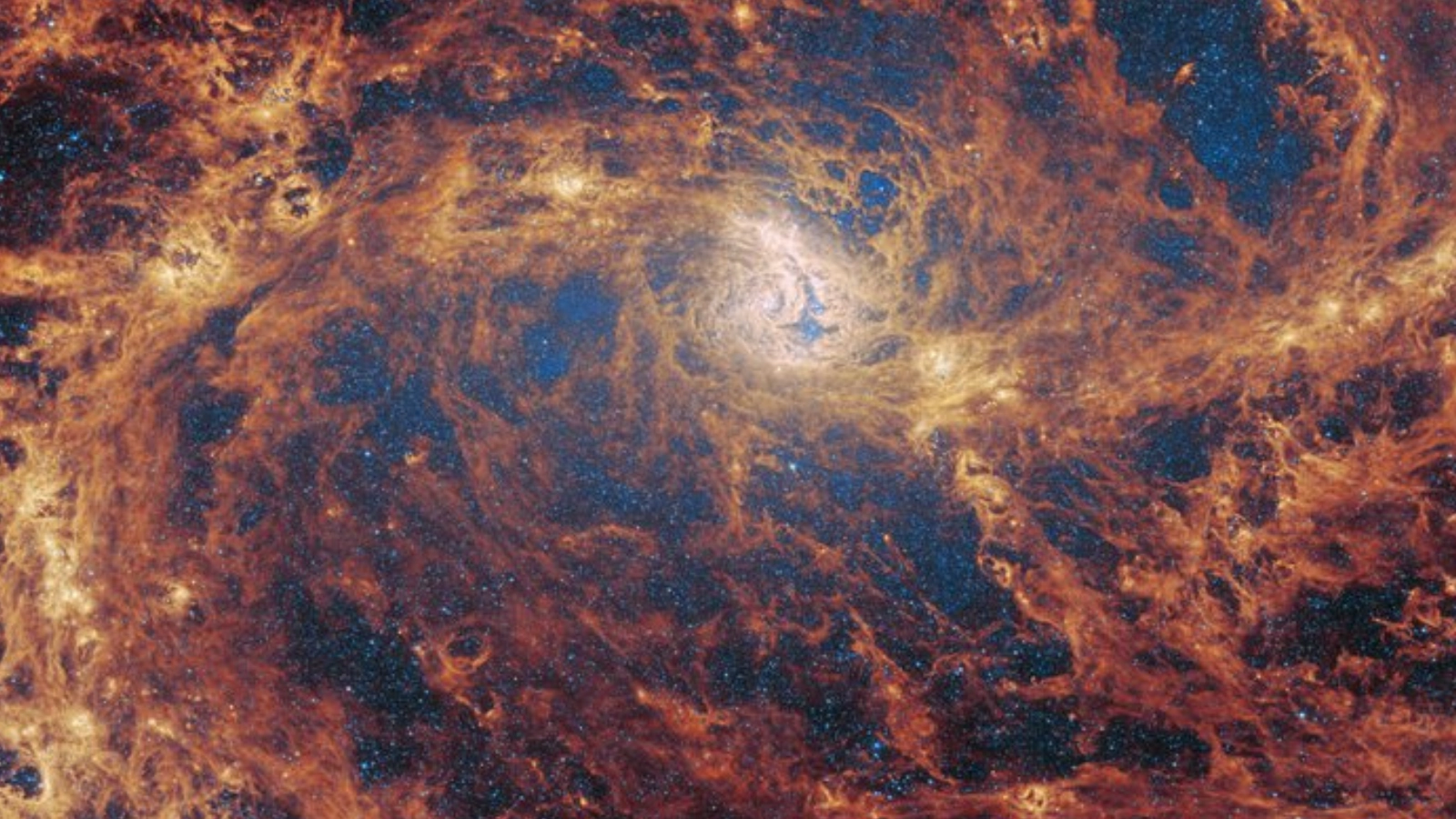Breast-Feeding Lowers Risk of Sudden Infant Death Syndrome

Breast-feeding is already known to provide a slew of benefits to mother and baby, and now one more positive can be added to the list: it reduces the risk of sudden infant death syndrome, a new study says.
Babies who were exclusively breast-fed for six months had a 73 percent reduction in the risk of sudden infant death syndrome (SIDS), the researchers said. Babies who were breast-fed for any amount of time had a 60 percent reduction in their SIDS risk.
"There's lots of reasons that breast-feeding is the best form of feeding infants," said study researcher Dr. Fern Hauck, of the University of Virginia. "This study provides even further reason to breast-feed."
Public health messages that advise expecting mothers on ways to reduce SIDS risk should include breast-feeding, the researchers said.
The new study was published online today (June 13) in the journal Pediatrics.
Breast-feeding and SIDS
SIDS is the sudden death of an infant less than a year old for which a cause cannot be found at autopsy, according to the National Institutes of Health. An NIH campaign known as Back to Sleep, which urged parents to lay babies down on their backs to sleep, is credited with reducing the incidence of SIDS by 50 percent since 1994.
Sign up for the Live Science daily newsletter now
Get the world’s most fascinating discoveries delivered straight to your inbox.
Researchers knew breast-feeding reduced the risk of death in infants, but whether it specifically protects against SIDS was unclear.
Hauck and colleagues reviewed 18 studies that examined the relationship between breast-feeding and SIDS risk. This type of study, a meta-analysis, can provide a bigger picture than any one study can.
The longer the infants were breast-fed, the lower their risk of SIDS. Infants who were exclusively breast-fed, and not given infant formula, for the first six months of life had the lowest risk, Hauck said.
In their analysis, the researchers could not take into account other factors that might influence the results, such as the mother's education level. However, because the link was so strong, the researchers are certain, even with these additional factors, there would still be a protective effect.
The new study gives doctors even more evidence to recommend breast-feeding, said Dr. Lourdes Forster, a pediatrician at the University of Miami School of Medicine, who was not involved in the study.
Foster noted the study found an association, not a cause-effect link. Still, the additional information may be useful to reducing SIDS, she said.
Why?
Breast-fed infants awaken more easily from sleep, and this may protect against SIDS, the researchers said. Problems with sleep arousal are thought to contribute to SIDS, according to the NIH.
In addition, breast-feeding boosts babies' immune systems and may protect infants from infections that leave them particularly vulnerable to SIDS, the researchers said. Infants who die from SIDS often have a minor infection a few days before their death. While infection alone is not thought to cause SIDS, it may contribute to it, the researchers said.
Separate studies have found women who share a bed with their baby breast-feed for longer times. However, bed-sharing has also been linked with an increased risk of SIDS. So do the benefits of breast-feeding outweigh the risks that might come with bed-sharing? Studies suggest no, Hauck said. Infants that share a bed are still at an increased risk for SIDS even if they are breast-fed, she said.
But "breast-feeding is not synonymous with bed-sharing," Hauck said. Hauck recommended parents share a room with their infant, but not a bed.
Pass it on: In addition to other health benefits, breast-feeding may protect against SIDS.
This story was provided by MyHealthNewsDaily, sister site to LiveScience. Follow MyHealthNewsDaily staff writer Rachael Rettner on Twitter @RachaelRettner.

Rachael is a Live Science contributor, and was a former channel editor and senior writer for Live Science between 2010 and 2022. She has a master's degree in journalism from New York University's Science, Health and Environmental Reporting Program. She also holds a B.S. in molecular biology and an M.S. in biology from the University of California, San Diego. Her work has appeared in Scienceline, The Washington Post and Scientific American.









